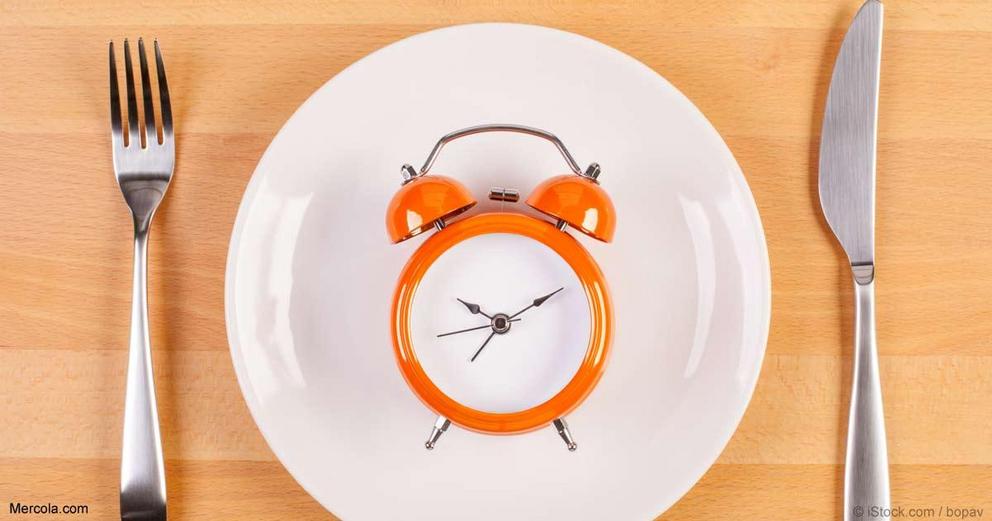Intermittent fasting 101 — seven basic ways to get started this new year
If you haven’t heard of intermittent fasting yet, there’s no doubt you will soon, as it’s gaining a reputation for offering a number of health benefits. But where do you start? And what does “fasting” mean, anyway, in the context of “intermittent”? Here, MedicalNewsToday explains seven intermittent fasting variations to consider before getting started, while I add a few points of my own.
Fast for 12 hours a day — This simply means you don’t eat for 12 hours straight. Generally, this is a fast that many people already do every day, by going to bed at night and then not eating the next day for at least 12 hours after their last meal.
Fast 16 hours a day — This is an expansion of the 12-hour fast. You can achieve this by skipping breakfast and not eating until 16 hours after your last meal.
Fasting two days a week — Also known as the 5:2 diet, on the two days that you “fast,” you actually just cut your calorie intake. For men, that would be eating only 600 calories and for women, 500.
Alternate day fasting —There are different variations to this, which involve either eating no solid foods at all, or limiting your calories on fasting days similarly to the 5:2 diet. This is considered an extreme form of fasting and could be harmful for people with certain medical conditions.
A weekly 24-hour fast — This is just what it says: You go without eating for 24 hours straight, relying on water, tea or other calorie-free drinks as your sustenance.
Meal skipping —Many people already do this. But if you’ve never skipped a meal and you want to try it, this may be a good start toward working up to a 12-hour fast.
The Warrior Diet — Although this diet goes by a number of other names, basically you adhere to a 20-hour fasting time, and keep all your food consumption constrained to a four-hour window.
As with all diets, whether it’s intermittent fasting or not, there are drawbacks and possible risks to each, especially for people who have underlying conditions such as diabetes. The important thing about fasting of any kind is that, as the featured article stresses, you need to stayed hydrated. Intermittent fasting is about food restriction, not water deprivation.
As a brief overview, intermittent fasting is simply a type of scheduled eating plan where you adjust your normal daily eating period to an hours-long window of time without cutting calories. Done sensibly with a nutritious meal plan (which I’ll discuss below), intermittent fasting can:
- Help promote insulin sensitivity — Optimal insulin sensitivity is crucial for your health, as insulin resistance or poor insulin sensitivity contributes to nearly all chronic diseases
- Normalize ghrelin levels, also known as your “hunger hormone”
- Increase the rate of HGH production, which has an important role in health, fitness, and slowing the aging process
- Lower triglyceride levels
- Help suppress inflammation and fight free radical damage
In addition, exercising in a fasted state can help counteract muscle aging and wasting, and boost fat-burning. Coupled with exercise such as high-intensity training, and you have a great path laid out for you to work toward a new you and a healthier body.
That said, no matter which kind of fasting you choose, research shows that the benefits of doing the fast can be negated if you continue to eat poorly. That’s why I believe if you teach your body to burn fat for fuel, as in adopting a cyclical ketogenic diet, and couple it with intermittent fasting — both of which I discuss at length in my article, “Why Intermittent Fasting Is More Effective Combined with a Ketogenic Diet,” you not only will learn to enjoy and look forward to fasting, but will maximize the benefits of both the fast and the diet.
The bottom line is cyclical ketosis provides many of the same health benefits associated with intermittent fasting, but when done together, most people will experience significant improvements in their health, including but not limited to mere weight loss.
For full references please use source link below.

